
The Bug of the Month helps educate readers about existing and emerging pathogens that are clinically important in today's health care facilities. Check out the author reading the article and identify which bug is speaking in this installment.

The Bug of the Month helps educate readers about existing and emerging pathogens that are clinically important in today's health care facilities. Check out the author reading the article and identify which bug is speaking in this installment.
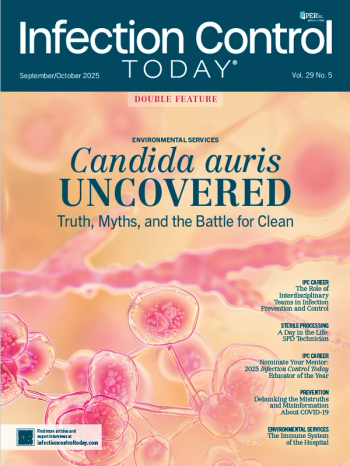
Check out the latest print edition of Infection Control Today: September/October 2025.

Infection prevention cannot succeed in silos. From acute care hospitals to long-term care facilities, interdisciplinary teams bring diverse expertise together, transforming safety from an individual responsibility into a shared culture. It’s time for leaders to champion collaboration, empower every role, and embed IPC into daily care delivery.

Behind every skilled infection preventionist is an educator who lit the spark. If you know someone who’s shaping the future of safety—1 glove, 1 lecture, 1 student at a time—nominate them now for ICT’s 2025 Educator of the Year.
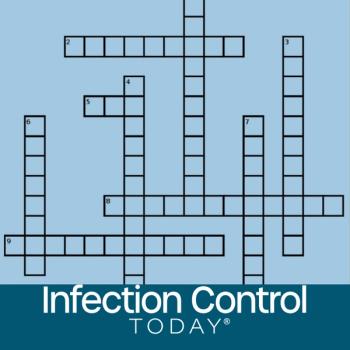
Check out our first IPC Crossword Challenge.
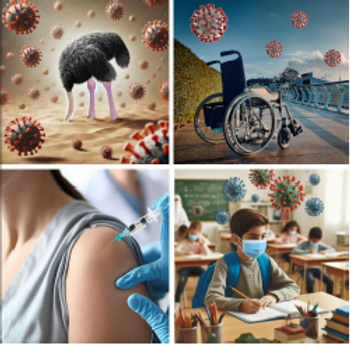
Join global leaders in infection prevention, pandemic response, and public health strategy at the Health Watch USA 20th Annual Conference. This is your chance to gain actionable insights on emerging pathogens, vaccine misinformation, and antibiotic resistance, while earning CE credits at no cost. Don’t wait; Be part of the solution.

Want dental assistants who don’t just know infection control, but live it from day one? Tune in to The Clean Bite and learn how powerhouse instructor Samantha Mangioni is shaping the next generation to protect every patient, every time.

The Bug of the Month helps educate readers about existing and emerging pathogens that are clinically important in today's health care facilities.

As climate change accelerates, health care’s environmental impact faces increased scrutiny, with sterile processing departments (SPDs) emerging as key change agents. Often behind the scenes, SPD professionals can lead sustainability by turning routine practices into ecofriendly protocols that protect both patient and planetary health.
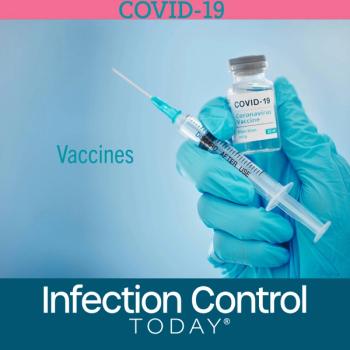
As the FDA limits COVID-19 vaccine approvals to high-risk groups, healthy adults and pregnant individuals are being left behind. Learn how these changes could impact insurance coverage, long COVID prevention, and public health strategies.
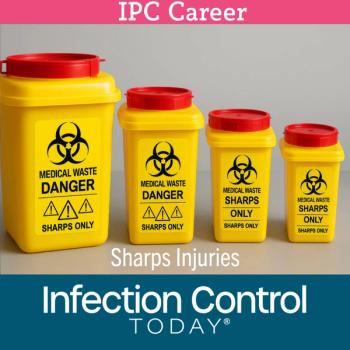
Sharps injuries remain a silent but serious threat in health care that infection preventionists are uniquely equipped to confront. With underreporting widespread and safety devices underused, it’s time for IPs to step into a leadership role, using their expertise in systems thinking, education, and policy to build a culture where staff protection is as prioritized as patient care.

Despite decades of progress in health care safety, a quiet but dangerous culture still lingers: many health care workers remain afraid to report sharps injuries, fearing blame more than the wound itself.
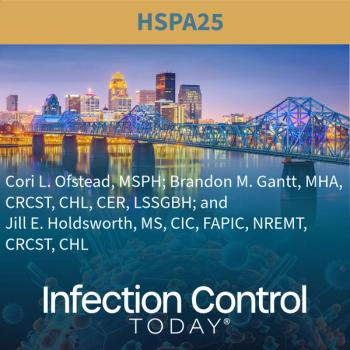
At the 2025 HSPA Annual Conference & Expo, Cori L. Ofstead, MSPH, highlighted critical flaws in manufacturers’ instructions for use (IFUs) for orthopedic and neurosurgical instruments. From contradictory directions to unrealistic cleaning expectations, these IFUs often fail under real-world conditions, jeopardizing both patient safety and sterile processing workflows.
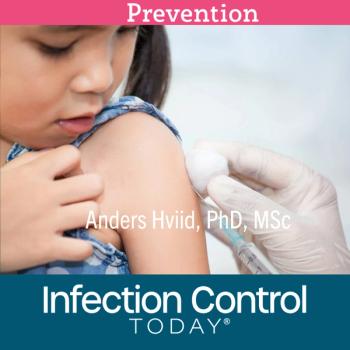
A Danish study of 1.2 million children found no increased risk of autoimmune, allergic, or neurodevelopmental disorders from aluminum in early childhood vaccines, helping close key safety evidence gaps.

A groundbreaking study presented at HSPA25 and APIC25 exposed hidden contamination lurking inside orthopedic and neurosurgical instruments—even after cleaning. The Lumens 2.0 research highlights why infection prevention must look deeper than surface-level protocols.

Once dominated by nurses, infection prevention now welcomes professionals from public health, lab science, and respiratory therapy—each bringing unique expertise that strengthens patient safety and IPC programs.
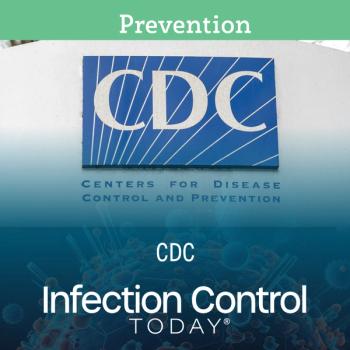
Health leaders are outraged after HHS Secretary Robert F. Kennedy Jr. abruptly fired all 17 members of the CDC’s vaccine advisory panel, calling it a political purge that threatens public trust and vaccine safety.
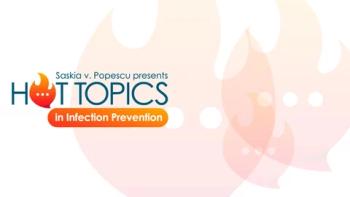
This issue covers COVID-19, measles, H5N1, screwworms, bedbugs, AI, and more.
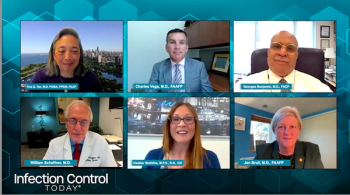
In 2025, vaccine science is thriving—but trust is faltering. ICT and Medical Economics convene experts to examine policy shifts, hesitancy, and the path forward through evidence and empathy.
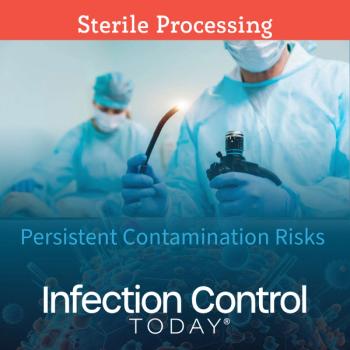
Two new studies reveal troubling contamination in both new endoscopes and cleaned lumened surgical instruments, challenging the reliability of current reprocessing practices and manufacturer guidelines.

Robust infectious disease surveillance, including rapid subtyping of influenza A, is essential for early detection, containment, and public health reporting of novel viral threats.

As measles cases rise and vaccine misinformation spreads, Infection Control Today spoke with APIC President Dr Carol McLay about restoring trust in immunization.
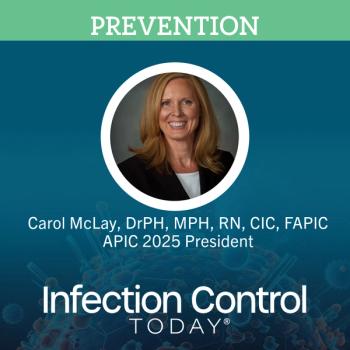
Mass federal layoffs threaten infection prevention nationwide, with APIC president Carol McLay, DrPH, MPH, RN, CIC, FAPIC, FSHEA, warning of disrupted public health infrastructure, rising HAIs, and a diminished infection control workforce.
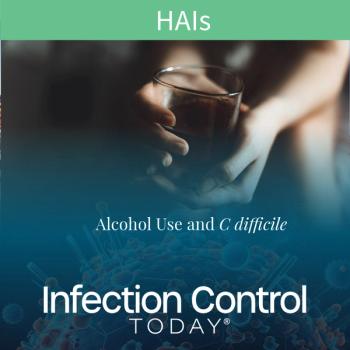
A groundbreaking study reveals a strong connection between alcohol use disorder and increased risk for Clostridioides difficile infection, challenging traditional assumptions and calling for enhanced infection prevention protocols.

Boston is a great place to go to conferences. But what else is there to do? Read on to find out!
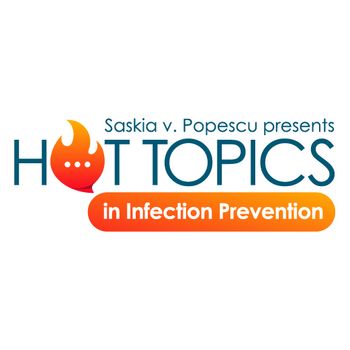
This week's Infection Control Today's Hot Topics in IPC discusses US health leadership, H5N1, and more.

With health care systems under strain and infection preventionists being laid off nationwide, a little-known federal agency stands as a last line of defense against preventable patient harm. Yet the Agency for Healthcare Research and Quality (AHRQ) is now facing devastating cuts�—threatening decades of progress in patient safety.
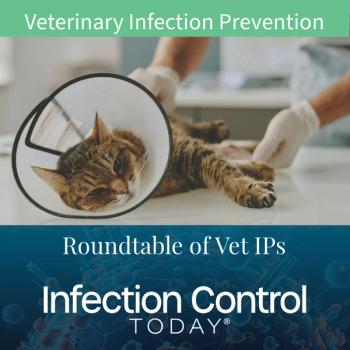
Veterinary infection control experts Leslie Kollmann, BS, AAS, CVT, CIC, Denise Waiting, LVT, and Leslie Landis, LVT, BS, discuss challenges, zoonotic disease risks, and the importance of education, collaboration, and resource development in animal care facilities.

The Bug of the Month helps educate readers about existing and emerging pathogens that are clinically important in today's health care facilities.

This week's Infection Control Today's Hot Topics in IPC covers the latest in measles outbreak, the Sudan Ebola Virus (SVD) outbreaks, and more.